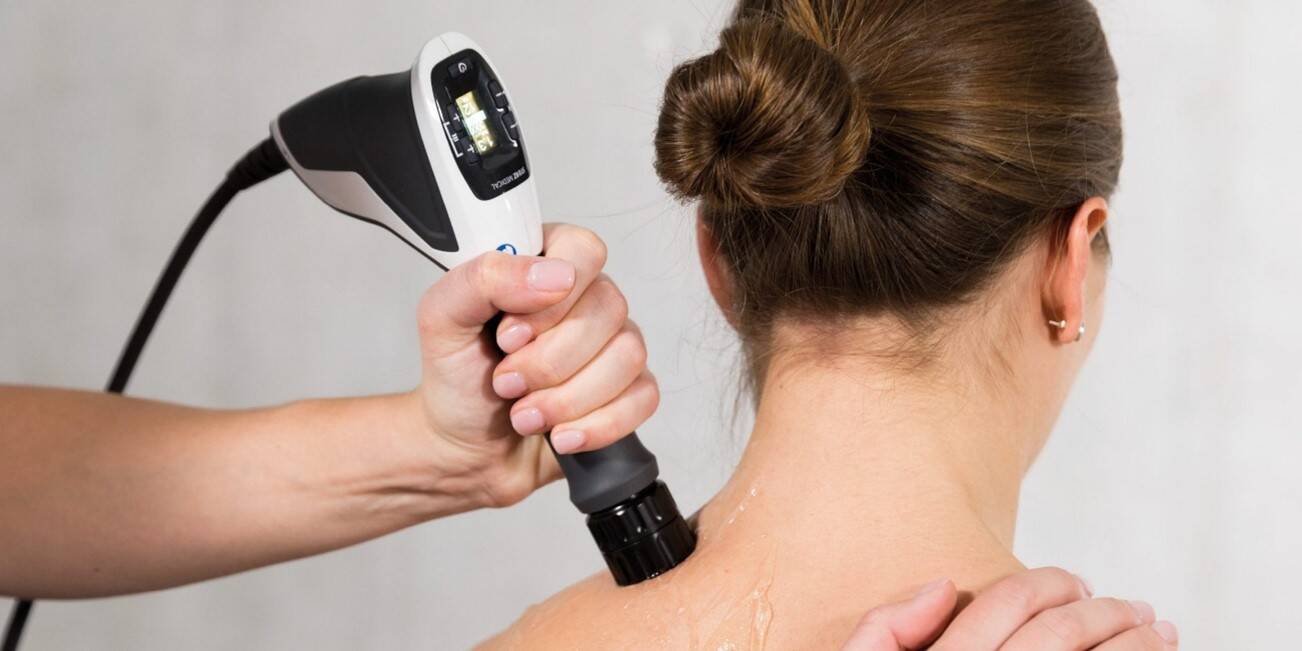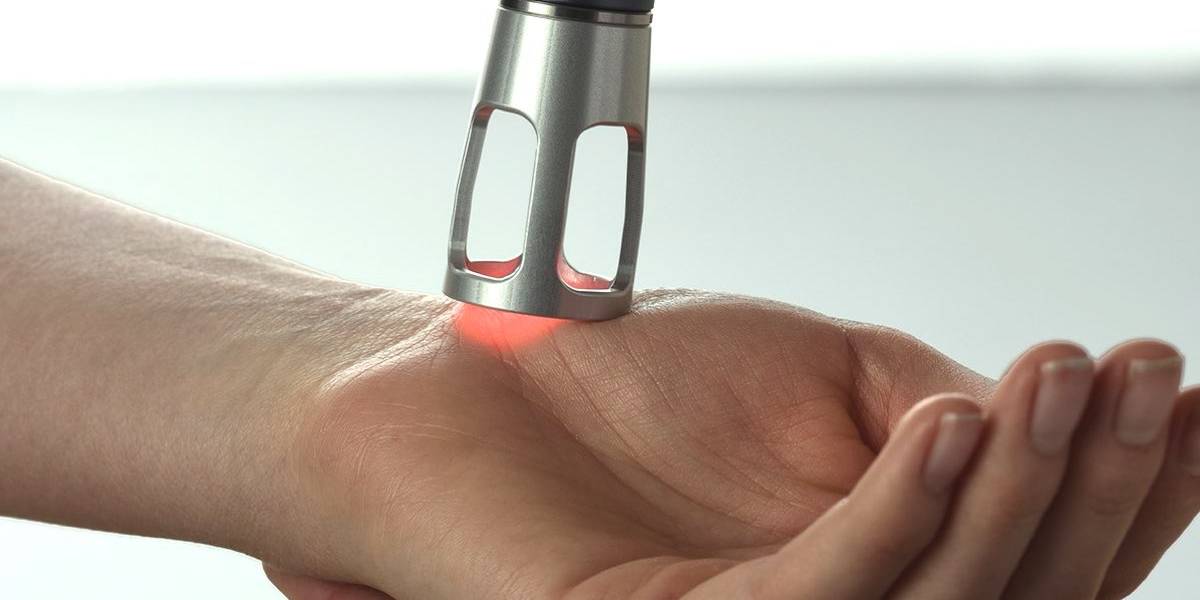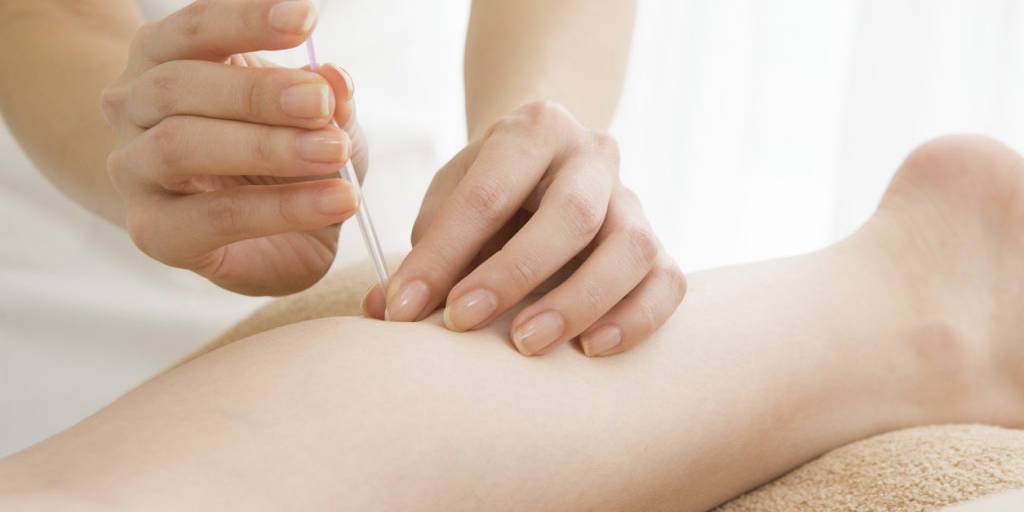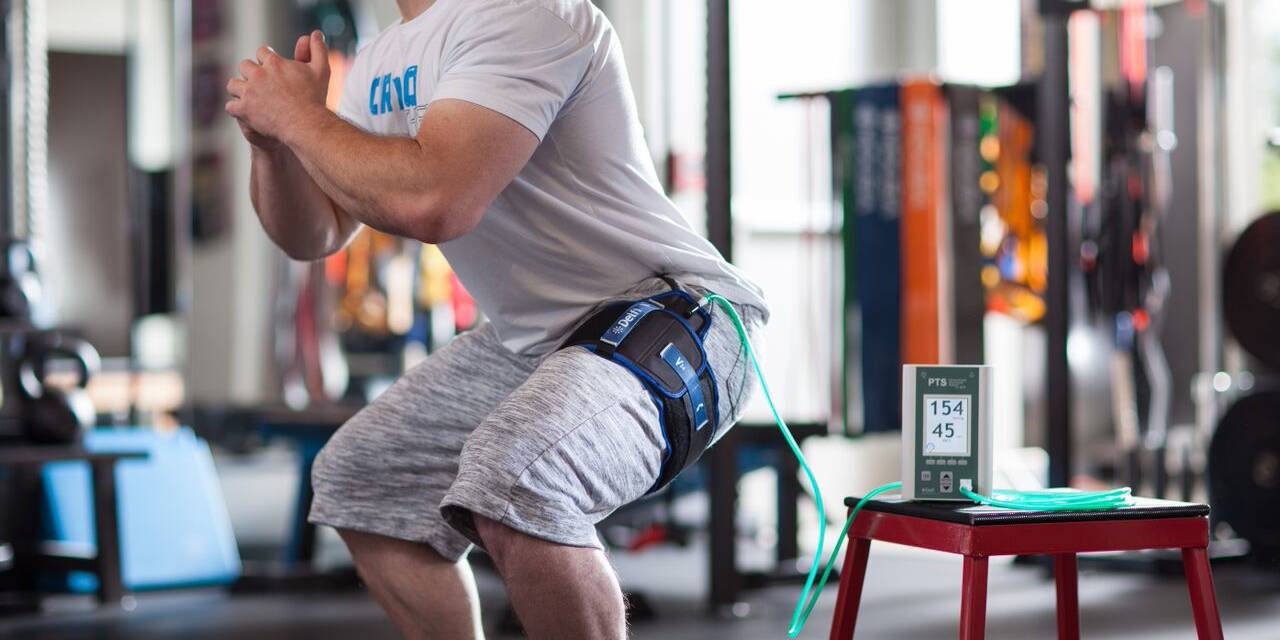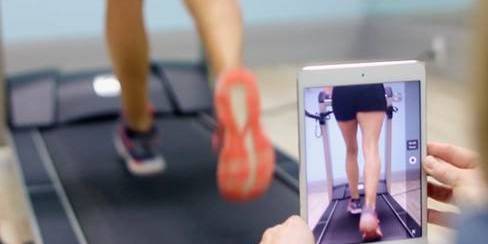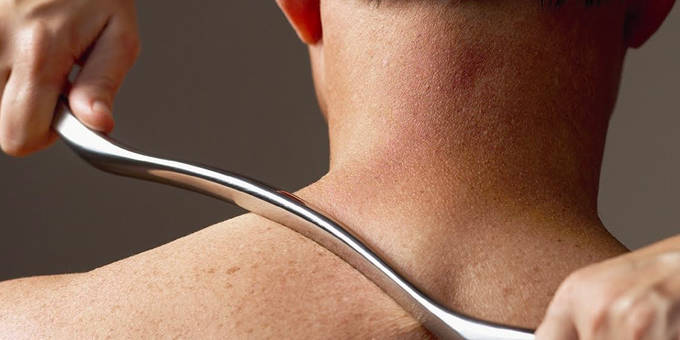Physical Therapy for Plantar Fasciitis in Washington, D.C.
PT Services for Plantar Fasciitis
What is plantar fasciitis?
Plantar Fasciitis is an inflammatory condition that occurs in the plantar fascia, a fibrous band of tissue at the bottom of the foot, due to over-stressing or overloading, and it typically occurs at the heel. It is the most common inferior heel pain and occurs in about 10% of the population. Symptoms often occur gradually over time or can come on suddenly following intense physical activity.
One of the most common and hallmark symptoms of plantar fasciitis is pain in the heel during your first few steps when you first rise in the morning, or when you get up to walk after a period of inactivity. Other symptoms include pain that worsens with standing or walking for a long period of time, pain with walking barefoot, or pain after an increase in activity such as running. Plantar Fasciitis can affect any age from 8 to 80 years old and its cause can be multifactorial.
At Release Physical Therapy, we have a team of physical therapists who are well-trained in the treatment of plantar fasciitis with the use of research-based technology and treatment techniques to ensure you are receiving the best treatment. Our goal is for you to return to doing what you love without limitation.
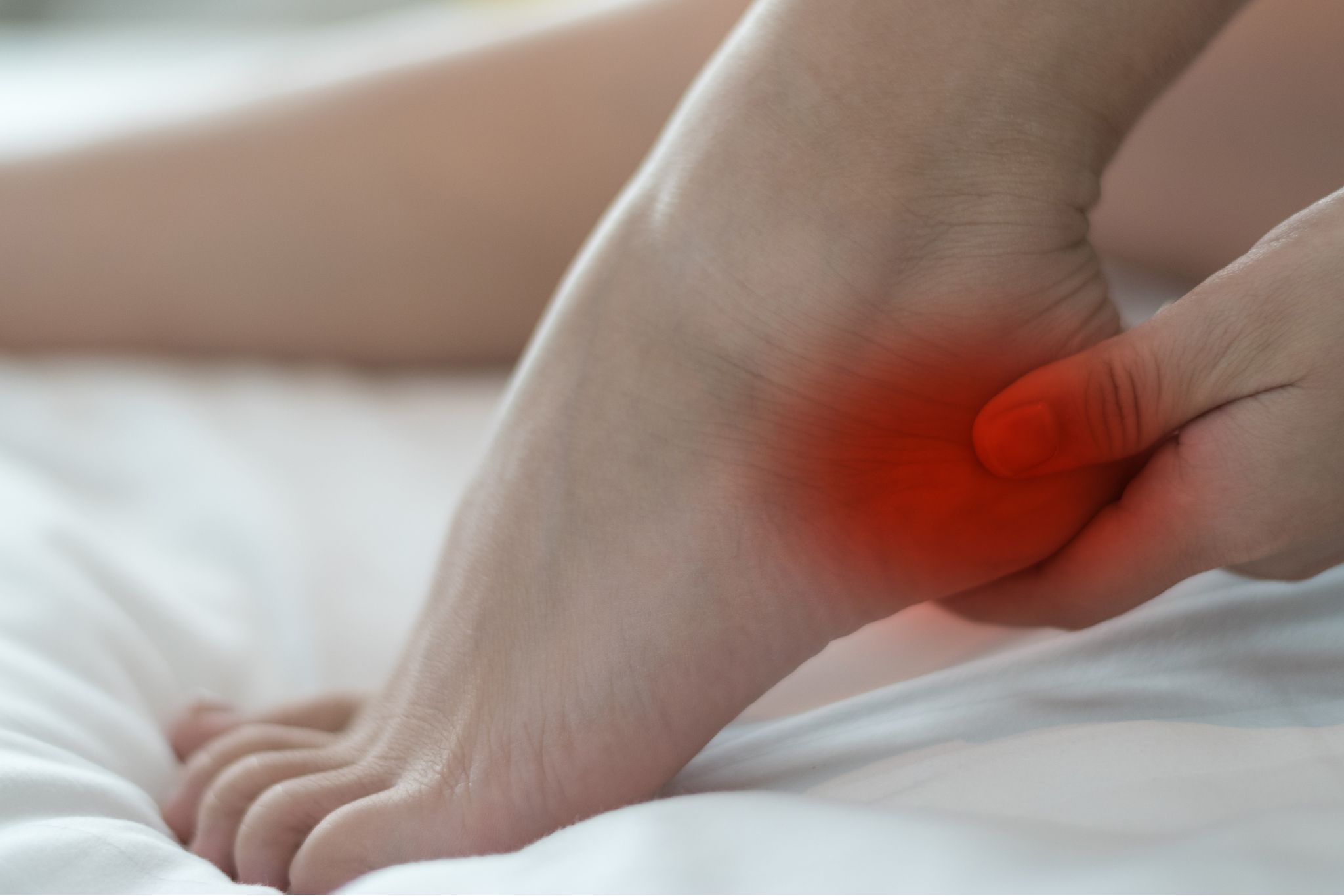
Does physical therapy help with plantar fasciitis?
According to research, those who receive physical therapy treatment for plantar fasciitis recover more quickly. With physical therapy, especially at Release, you have a team of specialists who take the time to evaluate you to not only treat the pain that you are experiencing but also identify the cause of it. Plantar fasciitis can develop as a result of decreased mobility, poor mechanics, muscle tightness or weakness, etc. Identifying your particular cause and receiving personalized treatment to address it makes a big difference in your recovery process and return to activity.
Patients who receive physical therapy treatment for plantar fasciitis have been found to have an improvement in their gait while walking, an increase in muscle flexibility, a decrease in their pain, especially in the morning, and an increase in strength. They also have fewer follow-up appointments with their physicians following treatment and lower healthcare costs.
What therapy is best for plantar fasciitis?
Physical therapy is the best line of treatment for plantar fasciitis, as the severity and duration of symptoms vary from person to person. At Release Physical Therapy, you have access to a skilled professional who can identify contributing factors to your symptoms and create a plan of care unique to you to address it.
Another form of treatment that works for plantar fasciitis is something called Extracorporeal Shock Wave Therapy, or Shockwave as it’s commonly known. This is a noninvasive treatment that utilizes acoustic shock waves to the plantar fascia stimulating the body’s natural healing processes. It is widely used to decrease pain and promote the healing of tendons, ligaments, and soft tissue that have been injured. This is a treatment that is offered at Release Physical Therapy and can be utilized alongside other research-based tools and treatments to aid in the recovery process of patients. Patients are evaluated during their one-on-one session with their therapist and the best plan of care is curated to achieve their personal goals and help them return to activity.
Plantar Fasciitis FAQs
Massaging the plantar fascia can be a good form of treatment to help with increasing blood flow to the fascia which can promote healing and decreasing tightness.
Plantar fasciitis occurs on a spectrum from mild to severe and treatment for it depends on your level of irritability and the level of hindrance in functional activity. In milder cases, massaging of the plantar fascia before taking that first step in the morning and after prolonged activity can be a good form of management of symptoms till they improve. In more moderate to severe cases, massaging of the plantar fascia can provide temporary mitigation of symptoms until the patient can get in to see a provider. At Release Physical Therapy, we offer a wide range of treatment techniques and tools from laser treatment to dry needling and shockwave therapy to help with the management of symptoms and rehabilitation of foot joints and muscles for return to activity.
For patients with plantar fasciitis at least in the mild to moderate cases, usually patients report that the first few steps in the morning and after long periods of inactivity are the worst, however, after walking and moving, symptoms tend to decrease.
Some things that you may want to avoid when you have a diagnosis of plantar fasciitis include putting heat on your foot. The main issue with PF is that there is inflammation of the plantar fascia occurring towards the heel of the foot and heat promotes inflammation and this may contribute to worsening of symptoms. Ice is the better modality to use in the treatment of plantar fasciitis to calm down symptoms and decrease inflammation.
Another thing to avoid during recovery from plantar fasciitis is walking barefoot or walking in shoes that do not have good support. This typically leads to an increase in pain and symptoms associated with plantar fasciitis.
Yes, plantar fasciitis symptoms typically improve with the right treatment in good time. For some patients with more severe and chronic cases, ensuring that you receive the right treatment is imperative as flare-ups may occur. However, having a good physical therapist such as the team members at Release, can equip you with essential tools and exercises that help with the management of symptom flare-ups even after you’re better and have been discharged.
Utilizing tools such as a tennis or lacrosse ball is a great way to provide soft and deep tissue massage to the plantar fascia in a convenient way that helps decrease tightness in the tissue and helps to relieve symptoms. This can be most beneficial especially when symptoms are at the worst such as the first few steps in the morning, after prolonged activity of standing/sitting, or getting up to move after a long period of inactivity.

About Release Physical Therapy
Release Physical Therapy is an award-winning physical therapy clinic, offering the best-in-class physical therapy to the Washington, D.C. area and surrounding communities. We work one-on-one with our patients to develop an individualized treatment plan that meets their unique needs, conditions, wellness goals and fitness levels.

Our Approach
At Release Physical Therapy, we use evidence-based therapies to target the root cause of a condition, not just the symptoms. We offer a full range of treatments, including manual modalities, technology-assisted therapies, and both traditional and non-traditional techniques. We work one-on-one with our patients to develop an individualized treatment plan that meets their unique needs, conditions, wellness goals and fitness levels. Common conditions we treat include:
- Achilles tendonitis
- AC joint injury
- ankle sprains
- ankle fracture
- ACL injuries
- arthritis
- back injury
- back pain
- bursitis
- carpal tunnel syndrome
- cervical radiculopathy
- cervical strains
- chronic pelvic pain
- CL inuries
- compartment syndrome
- degenerative joint disease
- herniated disk
- de Quervain tenosynovitis
- fibromyalgia
- frozen shoulder
- golfer’s elbow
- headaches / migrains
- hip replacements
- ITB syndrome
- impingement syndrome
- knee replacement
- neck pain
- nerve entrapment
- osteoporosis
- osteoarthritis
- overuse injuries
- knee cap pain syndrome
- knee tendinitis
- plantar fasciitis
- rotator cuff tear
- runner's knee
- scoliosis
- sciatica
- shoulder tendinitis
- spinal stenosis
- spondylolisthesis
- shin splints
- tennis elbow
- thoracic outlet syndrome
- TMJ dysfunction
- wrist fracture
- and several others...
What Patients Are Saying
Physical therapy is about results. Too often, patients discontinue therapy because of a bad experience. At Release Physical Therapy, we are committed to providing the highest quality care through patient education, on-going clinician training, and personalized approach to treatment. We believe that everyone should live pain-free and healthy. But don’t take it from us, read what our patients have to say about their experience with Release Physical Therapy.
Our Physical Therapists
Release Physical Therapy staffs the top physical therapists in Washington, DC. Our experienced and highly trained physical therapists specialize in treating the outpatient orthopedic population, including sports therapy, chronic pain management, orthopedic/spinal therapy, pre/post-surgical therapy, as well as wellness and prevention. Our PTs utilize a wide range of therapies and technologies to deliver a personalized care plan. All of our physical therapists are accepting new patients.
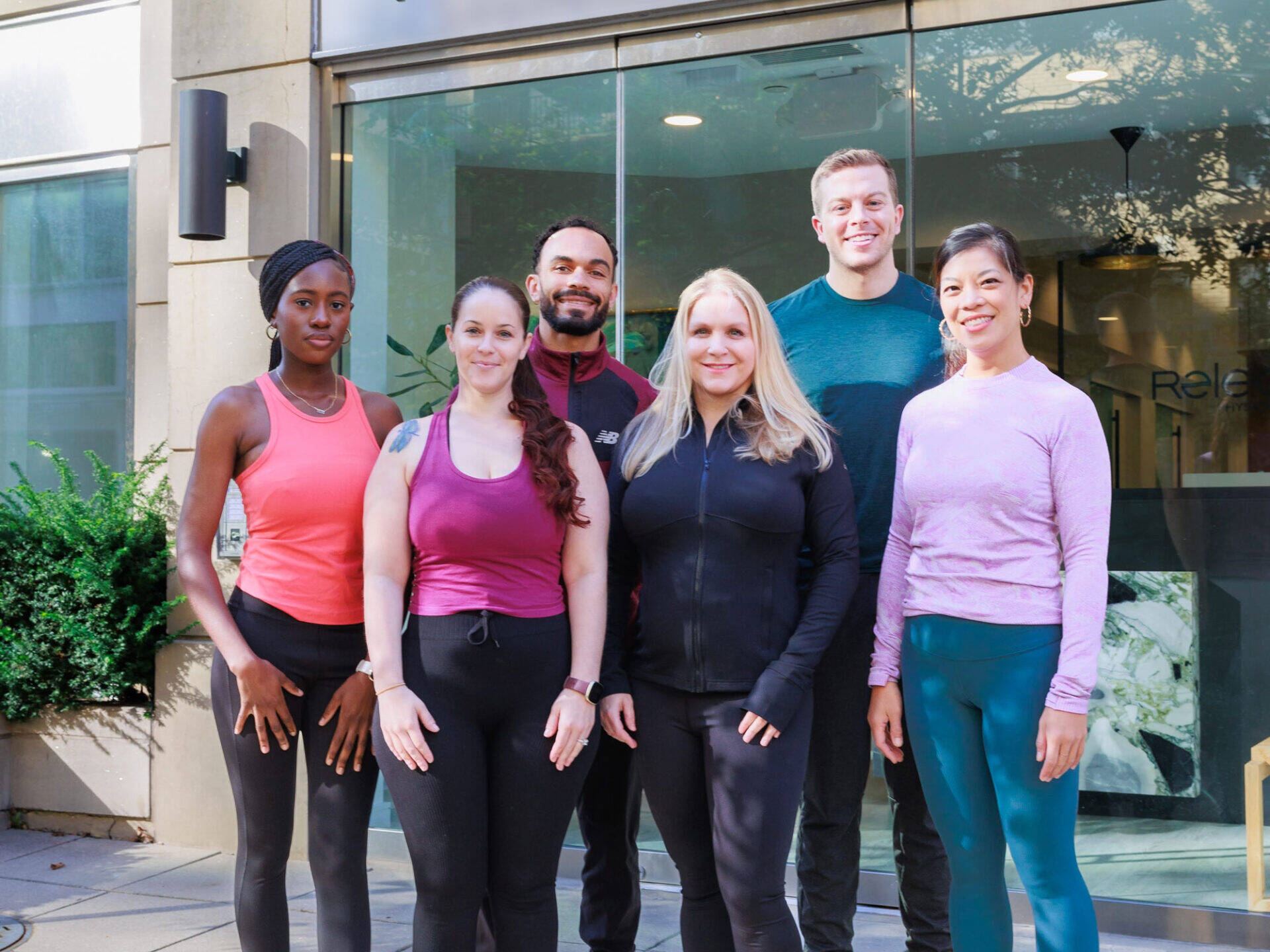
Dr. Cari Simon PT, DPT, CMTPT, ART
Owner & Physical Therapist, Release Physical Therapy Washington, D.C.
Dr. Cari Simon received her Doctorate degree in Physical Therapy from the University of Hartford. A former All-New England and All-State soccer player, she was part of the U.S. Women’s Soccer National Team pool, but ultimately decided to redirect her career in pursuit of her true passion: care. She is now one of the top physical therapists in Washington, DC. As one of the most highly regarded physical therapists in Washington, DC, Dr. Cari Simon’s treatment approach combines manual mobilization and manipulation techniques with individualized therapeutic exercise. She is a full body Active Release Technique (ART) provider. Additionally, Dr. Simon utilizes McConnell, athletic, and Kinesio Taping methods, as well as Trigger Point Dry Needle Therapy. When she is not helping her patients meet their physical goals, Dr. Simon enjoys networking with other physical therapists in Washington, DC, outdoor activities and spending time with her family.
Ethan Gramstad PT, DPT, CMTPT
Physical Therapist, Release Physical Therapy Washington, D.C.
Dr. Ethan Gramstad is the newest addition to the staff at Release Physical Therapy. A native of Virginia, he has recently relocated to Washington, DC following the last two years of practicing PT in Denver, Colorado. He received his Bachelor’s degree from the University of Virginia where he was a member of the UVA Men’s Rowing team for three years. It was that experience that ignited his interest in the science of exercise, as well as physiology and anatomy. He went on to obtain his Doctorate of Physical Therapy from Old Dominion University from Norfolk, Virginia in 2017.
Dr. Gramstad uses manual therapy and mobilization techniques to obtain optimal patient outcomes and places a high priority on establishing a strong patient-therapist relationship. He focuses on assisting his patients in meeting their physical goals and finds satisfaction in the application of individualized exercise programs, as well as dry needling to achieve success. He has previous experience in providing pre and post-operative therapy protocols and treating the outpatient orthopedic population. Besides his rowing days, Dr. Gramstad has personally participated in endurance sports; running Cross Country and multiple marathons and continues to maintain a devotion to a rigorous gym regimen.
Dr. Stephanie Lam PT, DPT, CMTPT
Physical Therapist, Release Physical Therapy Washington, D.C.
Dr. Stephanie Lam received her Doctorate of Physical Therapy from the School of Health Technology and Management at Stony Brook University, after attaining dual degrees in Biology and Psychology from the University of Virginia. She is highly experienced in several fields of adult orthopedics, including post-surgical recovery, acute sports injury rehabilitation, athletic performance improvement, and chronic pain management. She also has a passion for pediatrics and has treated kids of all ages for congenital and developmental issues.
Dr. Lam uses her patient’s individual goals to guide treatment, addressing her patient’s symptomatic impairments while considering their day-to-day ability to function and perform athletic and recreational activities. Dr. Lam incorporates manual therapy throughout her treatments, specializing in extensive deep soft tissue manipulation and mobilizations of the spine and peripheral joints, as well as dry needling.
Deborah Ajala PT, DPT, COMT, CMTPT
Physical Therapist, Release Physical Therapy Washington, D.C.
Dr. Deborah Ajala is an astute physical therapist who takes her time to get to know her patients in order to provide the best possible care. Dr. Ajala’s lifelong passion for caregiving led her to a career in physical therapy. She received a Bachelors degree in Health Sciences with a minor in Exercise Science and Wellness Management from the University of Sciences in Philadelphia, where she obtained a Doctorate in Physical Therapy thereafter. Dr. Ajala holds certifications in Orthopedic Manual Therapy (COMT) and Trigger Point Dry Needling (CMTPT). Her goal with each patient is to optimize their return to function.
Dr. Ajala previously worked at an Outpatient Physical Therapy Clinic in Maryland as a staff clinician. There, she served a diverse patient population treating a wide range of orthopedic conditions including sports medicine, pre/post operative rehabilitation, overuse injuries and several others.
In her free time, Dr. Ajala enjoys spending time with her family and friends, reading, and sports. She also enjoys exploring new DC neighborhoods and is a restaurant enthusiast.
Mia Smyser PT, DPT, COMT, CIDN
Physical Therapist, Pelvic Floor Therapist, Release Physical Therapy Tysons and Washington, D.C.
Dr. Mia Smyser is a native of the DMV. She received her Doctorate in Physical Therapy from the University of Miami, after receiving her Bachelors of Science in Exercise Science from the University of South Carolina. She thinks movement is of foundational importance and is dedicated to improving people’s mobility and function and helping them achieve their optimal physical well-being.
She is passionate about continuing to learn and grow in the profession. She is a Certified Orthopedic Manual Therapist (COMT), certified in Integrative Dry Needling and is continuing her coursework with Herman & Wallace as a pelvic health therapist.
Dr. Smyser previously worked at outpatient physical therapy clinics in Washington, DC and Falls Church, VA, treating a wide variety of conditions including sports medicine, pelvic health, pre/post-operative rehabilitation, and pediatrics, among others.
In her free time, she prioritizes spending time with her husband, son & dog; playing soccer and running; coaching HIIT and checking out new restaurants.
Paul Miller LMT
Massage Therapist, Release Physical Therapy Washington, D.C.
Paul Miller is a dedicated massage therapist with expertise in medical massage, deep tissue therapy, and myofascial release. Paul customizes each session to meet the unique needs of his clients, focusing on relieving tension, restoring mobility, and enhancing overall physical well-being.
Trained at the Northern Virginia School of Therapeutic Massage, Paul has also completed all three of Howard Rontal’s Myofascial Release courses, further refining his ability to address chronic pain and movement restrictions. His approach is rooted in the belief that targeted, intentional bodywork can be a transformative tool for recovery and long-term health.
Release Physical Therapy Treatments
Our experienced physical therapists have advanced training in outpatient orthopedic physical therapy. Our physical therapy services include sports therapy, injury rehabilitation, pre-surgical therapy, post-surgical therapy, chronic pain management, as well as wellness and prevention. Specialized treatments at Release Physical Therapy include:
Shockwave Therapy
A non-invasive medical treatment that utilizes acoustic waves to treat various musculoskeletal conditions and promote healing.
K-Laser Therapy
The use of specific wavelengths of light to improve healing time, pain reduction, increase circulation and decrease swelling.
Dry Needling Washington DC
Needle treatment that decreases pain, increases range of motion and improves strength by inactivating myofascial trigger points.
Active Release Technique in Washington, D.C.
Massage and movement-based technique that treats problems with muscles, tendons, ligaments, fascia and nerves.
Therapeutic Medical Massage
Reduces muscular pain and inflammation, relaxes overused muscles, improves posture and movement awareness, and enhances performance.
BFR Training Washington DC
Rehabilitation therapy and performance training technique using a personalized tourniquet system to reduce atrophy and increase strength.
Kineseo® Taping Method
Reduces muscular pain and inflammation, relaxes overused muscles, improves posture and movement awareness, and enhances performance.
Running Assessment Washington DC
Individualized analysis designed to identify strength, gait, and alignment imbalances to prevent injury and improve your current training program.
Functional Training
Exercise regimens that integrate multiple muscle groups, joints and the brain to assist in everyday movement, physical activities and athletics.
Graston Technique
Instrument-assisted soft tissue mobilization used to address soft tissue lesions and fascial restrictions resulting in improved patient outcomes.
Release Physical Therapy Services
At Release Physical Therapy, we treat you with our hands, not just machines. We offer a full range of manual therapies, as well as both traditional and non-traditional techniques for the best in comprehensive care. We work one-on-one with our patients to develop an individualized treatment plan that meets their unique needs, conditions, wellness goals and fitness levels.
Physical Therapy Treatment for Pelvic Floor Issues
At Release Physical Therapy, our experienced therapists conduct a thorough assessment to identify the underlying causes of your pelvic floor issues and create a personalized treatment plan to promote healing and alleviate the problems you’re experiencing.
Physical Therapy Treatment for Upper Back/Shoulder Pain
At Release Physical Therapy, our experienced therapists perform comprehensive assessments to see how they can help with your upper back pain. We then design individualized treatment plans aimed at promoting healing and relieving your specific issues.
Physical Therapy Treatment for Lower Back Pain
At Release Physical Therapy, our seasoned therapists perform comprehensive assessments to pinpoint the root causes of your lower back pain problems. We then design individualized treatment plans aimed at promoting healing and relieving your specific issues.
Physical Therapy Treatment for Knee Pain
At Release Physical Therapy, our seasoned therapists perform comprehensive assessments to pinpoint the root causes of your knee pain problems. We then design individualized treatment plans aimed at promoting healing and relieving your specific issues.
Physical Therapy Treatment for Ankle Pain
At Release Physical Therapy, our experienced therapists conduct thorough assessments to identify the underlying causes of your ankle discomfort. From there, we craft personalized treatment strategies tailored to foster healing and alleviate your unique concerns.
Physical Therapy Treatment for Tennis Elbow Pain
At Release Physical Therapy, our seasoned therapists perform comprehensive assessments to pinpoint the root causes of your tennis elbow pain problems. We then design individualized treatment plans aimed at promoting healing and relieving your specific issues.
Physical Therapy Treatment for Arthritis
At Release Physical Therapy, our expert therapists conduct thorough assessments to gain insight into your arthritis symptoms. With this understanding, we craft personalized treatment strategies aimed at promoting healing and addressing your unique requirements.
Release Physical Therapy Location & Hours
Visit us at our convenient West End Washington DC location. We pride ourselves on providing the highest level of care and convenience to our patients. Our appointment times flexible – let us know how we can best accommodate you.
Release Physical Therapy - Washington DC
2134 L St NW
Washington, DC 20037
Get Directions
Location Hours
Mon - Thurs: 6:00am - 8:00pm
Fri: 6:00am - 5:00pm
Sat - Sun: Closed
Now Accepting New Patients
Feel Your Very Best
Whether you’re an athlete that plays hard on the field, or a weekend warrior that plays hard in life, committing to a physical therapy program can help to keep you moving forward.
Latest Blog Posts
Follow us on Instagram!
Error: No feed with the ID 2 found.
Please go to the Instagram Feed settings page to create a feed.













